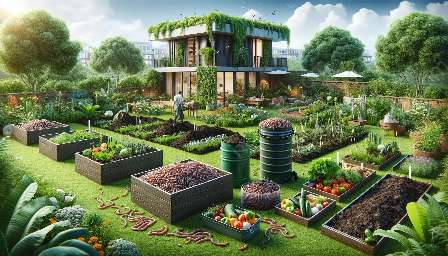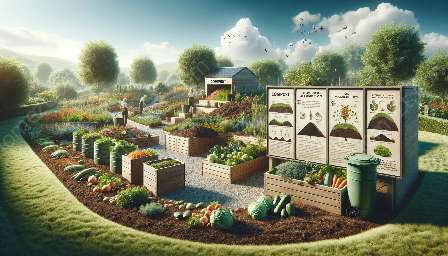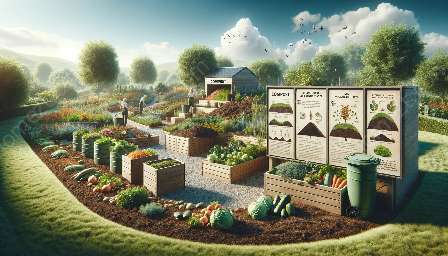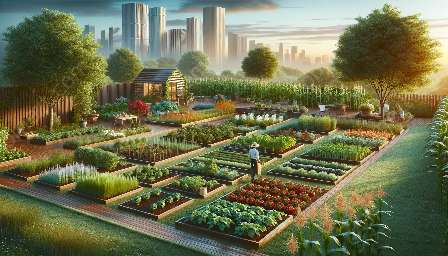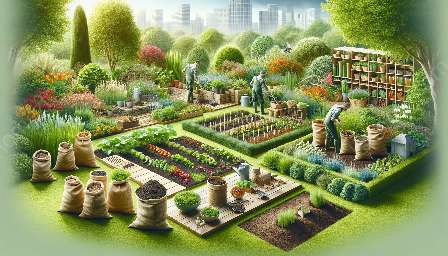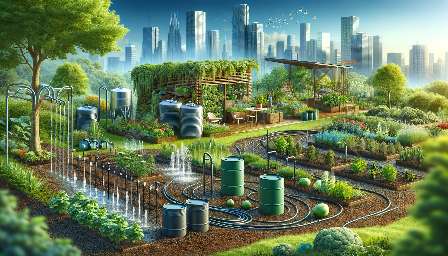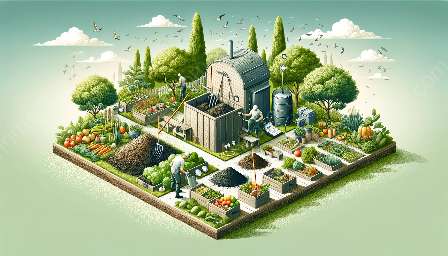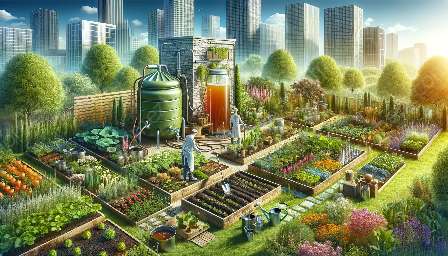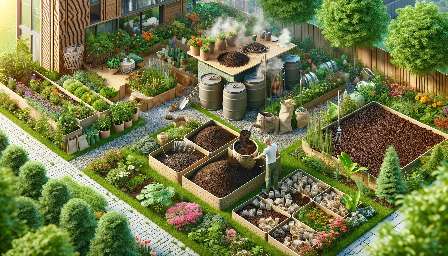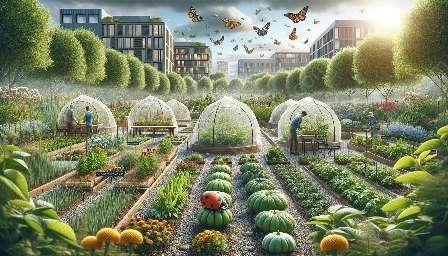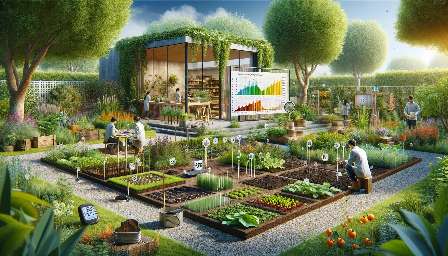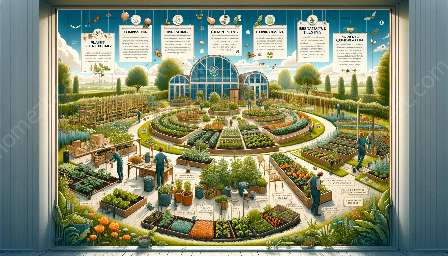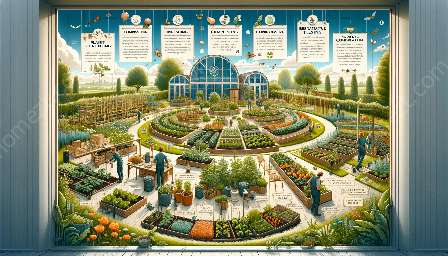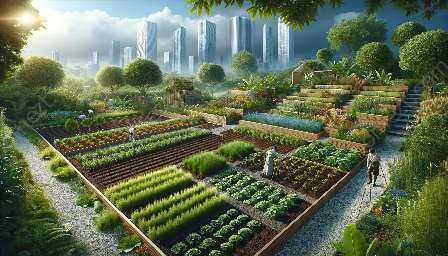Composting and organic gardening offer a multitude of benefits, supporting a sustainable and eco-friendly garden. These practices promote soil health, biodiversity, and natural resources, ultimately resulting in healthier plants and a more vibrant ecosystem.
Soil Health
Composting enriches the soil with essential nutrients, improving its structure and fertility. The organic matter in compost helps retain moisture and enhances soil aeration, creating an optimal environment for plant growth.
Promoting Biodiversity
By using organic gardening practices, you can create a diverse and balanced ecosystem in your garden. Avoiding chemical pesticides and fertilizers encourages the presence of beneficial insects, birds, and microorganisms, contributing to a thriving and biodiverse habitat.
Natural Resource Conservation
Composting reduces the amount of organic waste that ends up in landfills, mitigating greenhouse gas emissions. Additionally, organic gardening minimizes the use of synthetic chemicals, protecting water quality and preserving natural ecosystems.
Healthier Plants
Plants grown in compost-amended soil and nurtured through organic gardening methods are generally healthier and more resistant to pests and diseases. This results in lower maintenance needs and a more resilient garden.
Eco-Friendly Practices
Composting and organic gardening align with environmentally sustainable practices, reducing the carbon footprint and fostering a nature-friendly approach to gardening. By recycling organic materials and fostering natural processes, these practices contribute to a healthier planet.
Embracing composting and organic gardening not only benefits your garden but also supports the larger ecosystem. By promoting soil health, biodiversity, and resource conservation, these practices empower you to create a more sustainable and harmonious environment for your plants and the surrounding nature.


